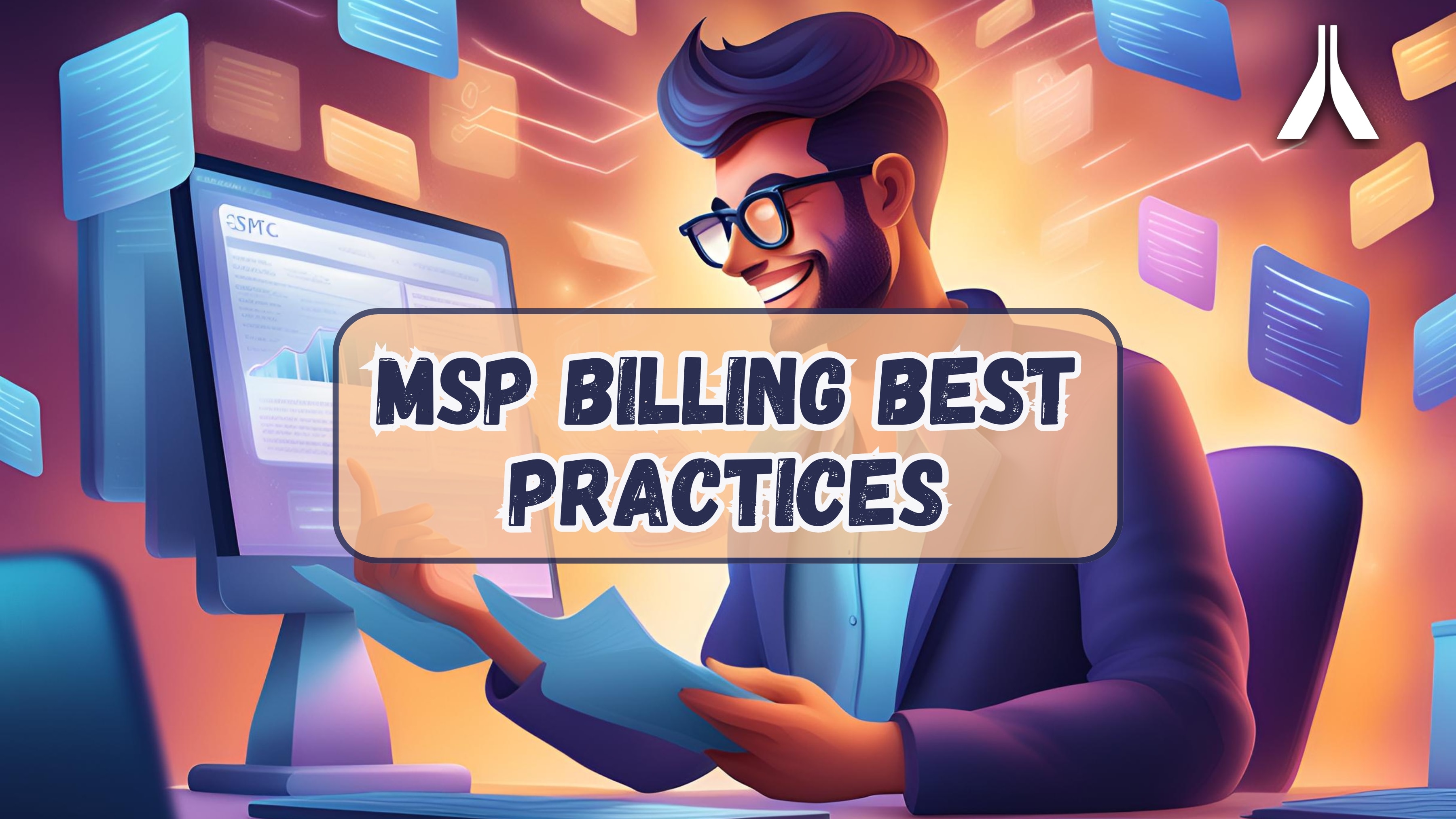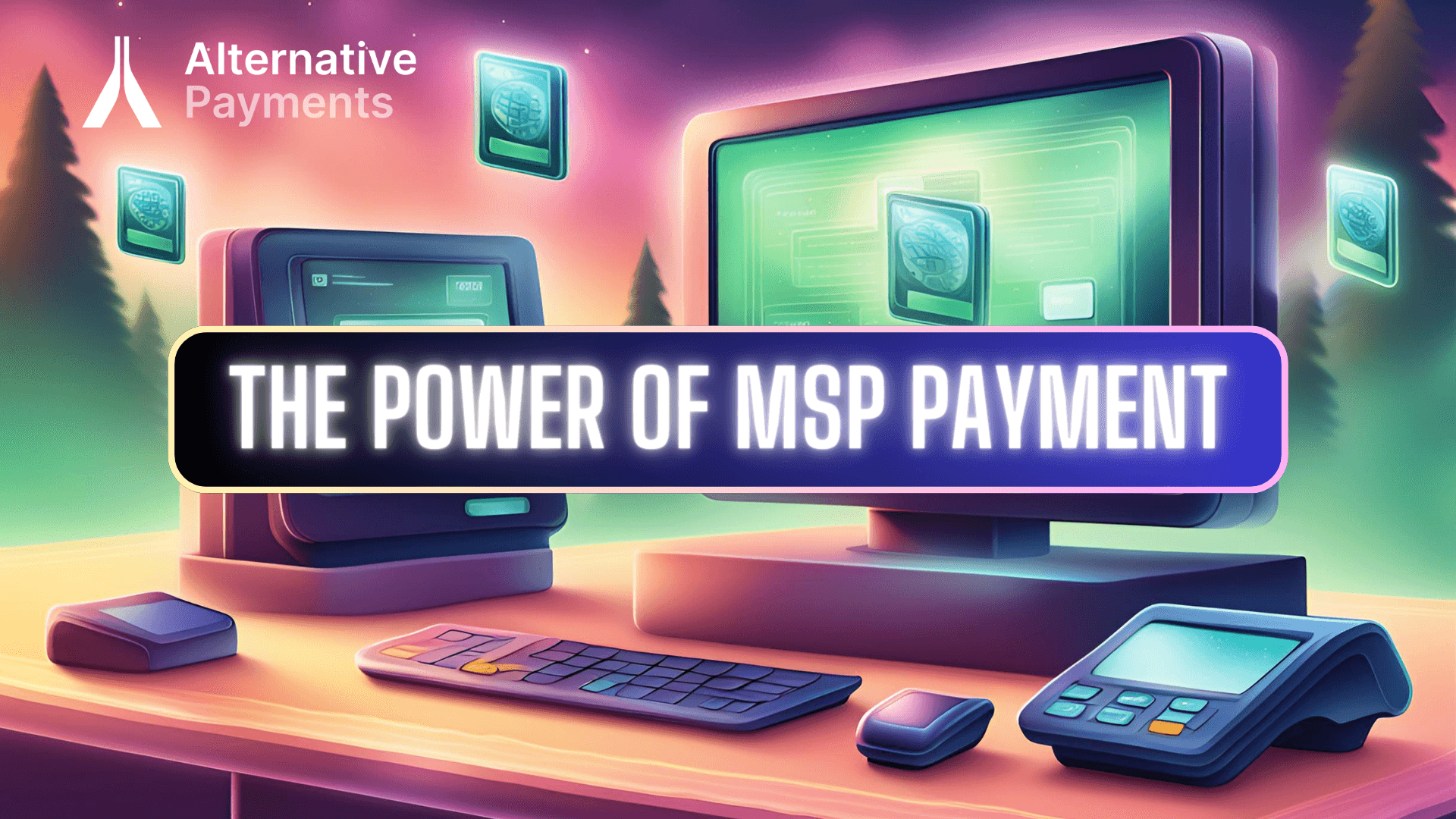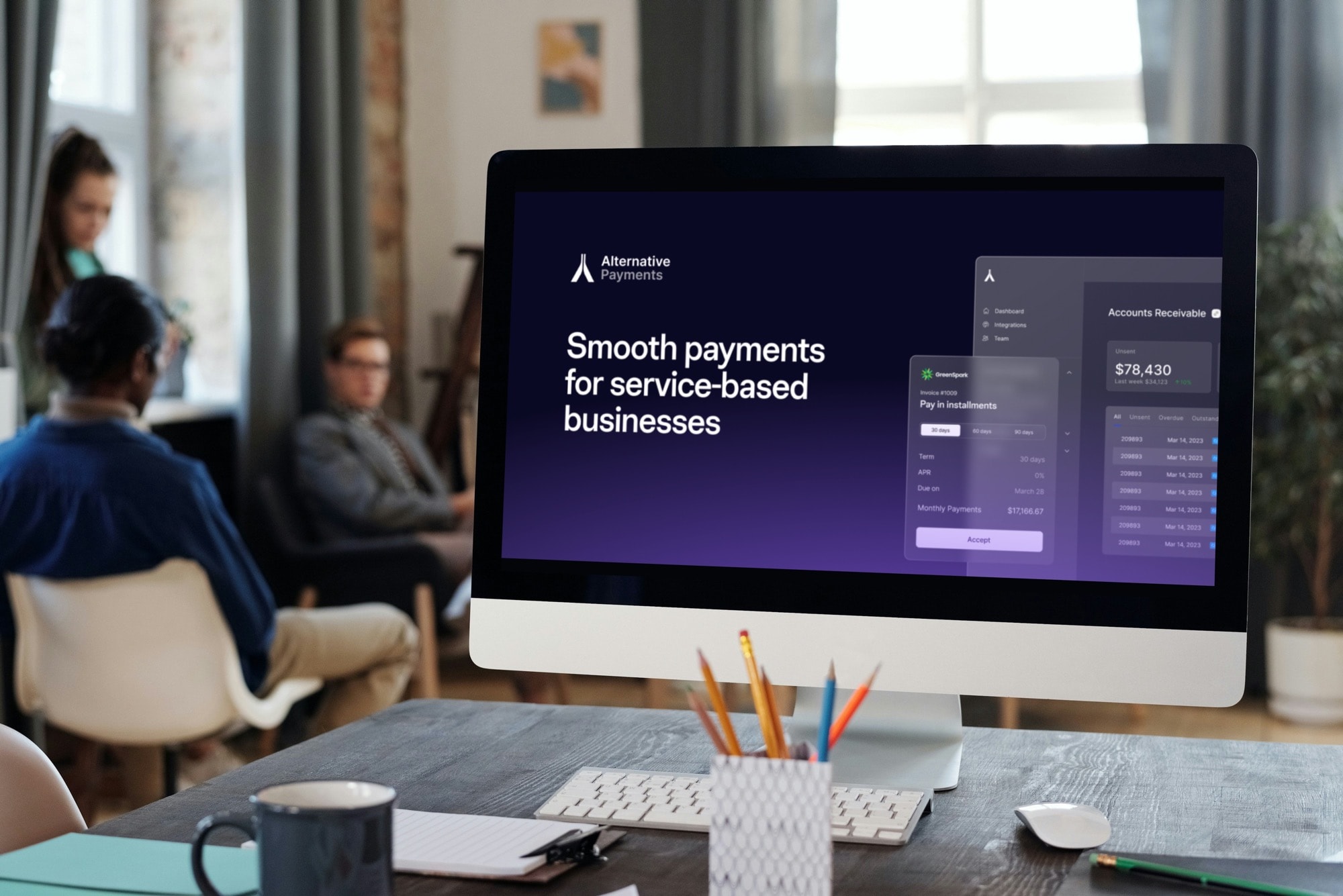As managed service providers become more sophisticated, MSP billing systems must evolve to match. Today, MSPs adopt diverse pricing models such as per-user, per-device, value-based, and flat-rate pricing, complicating the invoicing process with additional considerations like project completion, software procurement, and network monitoring.
A recent survey of small and medium-sized enterprises revealed a staggering 87.5% of respondents rely on MSPs to fully manage their IT infrastructure or support their internal IT team. That figure increased from 84% year-over-year, highlighting the increased reliance by SMEs on managed services and the critical nature of having streamlined billing practices for MSPs. Manual invoicing is both time-consuming and susceptible to errors, making automated billing systems a necessity for modern MSPs.
Technology Benefit Horizon
Forrester recently announced their Top 10 Emerging Technologies of 2024, and their “benefit horizon” (or payback period) methodology. The benefit horizon is a way to answer: “When will I see a return on investment (“ROI”) from this technology?”
- Short-term (<2 years): technologies with emerging but proven capabilities that should deliver an ROI for most firms within the next two years.
- Medium-term (2–5 years): technologies with emerging capabilities that are not entirely proven and rapidly evolving, with most clients expecting to experience significant benefits in 2–5 years.
- Long-term (5+ years): technologies that will take five or more years to deliver tangible value for most firms.
Transitioning to a dedicated MSP billing software like Alternative Payments requires upfront configuration to reap the full benefits of automation, but you will see the benefits in less than 60 days! If you’re considering such a move, the following best practices will ensure a seamless billing process.
Essential MSP Billing Best Practices
While MSP billing scenarios vary, the following best practices are universally applicable:
1. Establish Clear Payment Policies
Transparency in payment policies eliminates confusion and fosters trust between MSPs and clients. State billing cycles, late payment fees, preferred payment methods, and contact information within your payment policies. Early engagement with decision-makers to set up autopay options can ensure consistent service delivery and timely payments. Clients should easily discern when payments are due, be able to view payment records, and be aware of the status of pending invoices. This transparency fosters trust and confidence in the business relationship, as clients feel empowered and informed about their financial obligations.
2. Timely Invoice Generation & Accuracy
Delaying the billing process can result in dissatisfied customers and a decrease in payment efficiency. By utilizing tools such as Alternative Payments, businesses can reduce the risk of negative customer experiences and improve payment timeliness.
Accuracy in billing not only builds customer trust but also supports long-term relationships. Automated billing systems that integrate help desks and technician reports provide clarity and facilitate the resolution of billing inquiries. Automated billing systems also provide improved visibility into customer payments and collections, helping businesses to better manage cash flow. Additionally, automated billing systems reduce manual data entry and errors, leading to more accurate billing and faster payment cycles.
3. Diligent Invoice Follow-Up
When it comes to managing the financial aspect of a business, the process of issuing invoices is just the tip of the iceberg. Following up on overdue payments is a fundamental task that cannot be overlooked. Thanks to automation tools like Alternative Payments, businesses can streamline this process by effectively tracking payments and sending out automated reminders. This proactive approach not only supports the growth of the business but also aids in efficient project management across multiple fronts.
4. Provide Flexible Payment Options
By offering a range of payment options, including traditional methods like credit cards as well as alternative payment methods such as direct debit or ACH (Automated Clearing House) with credit card fallback options, businesses can cater to the unique needs and preferences of their customers. Alternative Payments, for instance, provides direct debit or ACH with credit card fallback options, accommodating different billing preferences. Another key feature we have for your MSP is the ability to offer B2B buy-now-pay-later (BNPL) solutions to empower businesses to make purchases upfront and spread the payments over time, providing flexibility and financial freedom.
5. Client Payment Portals for Self-Service
Dedicated payment portals enhance the customer experience by simplifying bill payment and tracking. These portals provide a secure and convenient platform for clients to manage their payments in a user-friendly manner. These portals employ robust encryption and security measures to protect sensitive payment information, such as credit card details or bank account numbers, from unauthorized access or interception. By offering a dedicated portal, MSPs ensure that clients have a centralized and easily accessible place to view their invoices, make payments, and track their payment history.
6. Streamline Recurring Payments
Automated recurring billing systems alleviate administrative burdens and secure consistent revenue streams, allowing MSPs to focus on core business aspects. Automation also reduces the risk of human error, which can be costly for businesses. Additionally, automated billing systems provide clients with timely and accurate billing statements, which can help to strengthen client relationships.
7. Email Confirmation for Invoice Receipt
Ensuring that invoice emails are received and acknowledged can prompt timely payments and provide an opportunity for gentle payment reminders if necessary. Moreover, automation can reduce the time it takes to complete administrative tasks, allowing businesses to focus more on providing services to their clients. Automation can also reduce costs associated with manual data entry, such as manual labor and printing costs.
8. Implement Due Date Reminders and Payment Incentives
Reminders and incentives can motivate clients to prioritize your invoices among the multitude they receive. Creative billing processes that reward prompt payment can enhance client relationships. Incentives can be something as simple as a discount for early payment, or as complex as an automated invoice payment system that charges a late fee if payment is not received on time. Automated reminders are also an effective way to ensure that payment is not delayed.
9. Automate Billing with a Payment Solution
Payment software like Alternative Payments automates the billing process, expedites payment collection, and accounts receivable management, and integrates seamlessly with accounting systems for efficient bookkeeping. This eliminates the need to manually track payments and simplifies the billing process. It also helps to reduce errors and save time. Automated billing solutions are essential for any business that wants to streamline its payment process.
Optimizing MSP Billing Management
Effective MSP payment management is crucial for maintaining cash flow and delivering exceptional client services. MSP billing software like Alternative Payments provides integrated solutions that streamline billing and facilitate easy payment collection, thereby enhancing overall business operations.
Alternative Payments is committed to streamlining customer payments, and collections, and accelerating revenue growth through automated solutions that integrate seamlessly with your business systems. Learn more about what we can do for your MSP in one of our new bi-weekly 15-minute demos!





